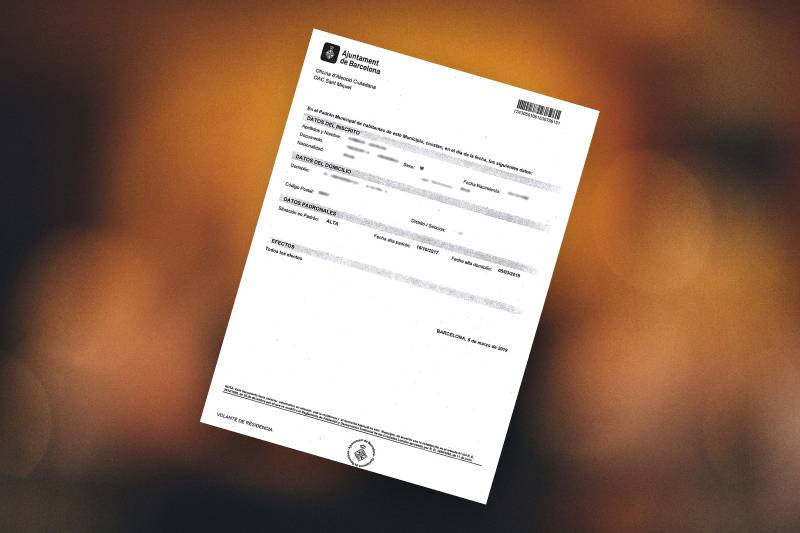Spain Proposes 100% Tax on Property Purchases by Non-EU Foreigners: What It Means

Spain has taken a bold step toward regulating its overheated housing market by proposing a controversial new law: a 100% complementary tax on real estate purchases by non-EU, non-resident foreigners. If passed, this measure could double the effective cost of buying second-hand property in Spain for a specific group of international investors, with broad implications for real estate trends, foreign direct investment, and the long-term strategy of the Spanish government.
Background: The Housing Crisis Driving Policy Shift
Spain has experienced a sharp increase in property prices and rental rates in the past decade—particularly in urban hubs and tourist destinations. According to national data, rental prices in major cities like Barcelona, Madrid, Málaga, and Valencia have risen by over 80% in the last ten years, while home prices have outpaced wage growth in many regions. Combined with the expansion of short-term tourist rentals, these trends have pushed many locals out of central neighborhoods and made homeownership increasingly unaffordable.
In response, the Spanish government—led by Prime Minister Pedro Sánchez—has unveiled a series of housing market reforms. These include ending the so-called "Golden Visa" program for property investors, tightening regulations on tourist rentals, expanding the public housing supply, and, most recently, introducing a new tax targeting non-EU foreign property buyers.

The Proposed Law: Key Details
On May 22, 2025, the Socialist-led coalition government formally registered a draft law in Parliament titled Complementary State Tax on Real Estate Transfers to Non‑EU Non‑Residents. The key provisions include:
100% Tax on Property Value: The proposed tax would apply to the declared value of the property and be charged in addition to the existing Transfer Tax (Impuesto de Transmisiones Patrimoniales, or ITP).
Target Group: The tax would apply exclusively to non-EU citizens who are also non-residents of Spain. That includes citizens of the U.S., Canada, China, Russia, and post-Brexit United Kingdom—unless they hold Spanish residency through a visa or meet the 183-day rule.
Property Type: The tax applies only to second-hand homes (resale properties). It does not affect new-build homes, as these are taxed under Spain’s VAT system and not under the Transfer Tax scheme.
Residency Exemptions: Non-EU foreigners who reside in Spain—such as holders of the non-lucrative visa, digital nomad visa, or residence permits for work or family reunification—would not be subject to the new tax.
Status: As of June 2025, the measure remains a draft law. It must be debated and approved in Parliament, where the government does not currently hold an absolute majority. However, the proposal is generating significant attention both domestically and abroad.
Impact on Foreign Buyers
The proposed tax, if implemented, would represent a substantial financial burden on certain foreign investors. For example, a non-resident from the U.S. seeking to buy a €300,000 resale property in Spain would face an additional €300,000 in taxes—effectively doubling the cost of the transaction.
This has several implications:
Investment Deterrent: Non-resident investors may reconsider buying property in Spain, particularly in areas where speculative purchases and holiday homes are common, such as the Balearic Islands, Costa del Sol, and Barcelona.
Market Shift Toward New-Builds: Since the tax does not apply to new properties, foreign investors may redirect demand toward new developments, which are typically more expensive and concentrated in newly urbanized areas.
Increased Incentive for Residency: Buyers may now see greater value in securing Spanish residency to avoid the tax. This could increase applications for digital nomad and non-lucrative visas.
Timing Pressure: A rush in foreign transactions may occur before the law is passed. Buyers who are close to completing purchases may accelerate their timelines to avoid future liabilities.
Political and Legal Considerations
Critics argue the tax may violate European free market principles or discourage foreign direct investment at a time when Spain is working to attract international business and remote workers. Real estate associations warn it could also hurt sellers and developers by shrinking the pool of potential buyers.
However, supporters maintain that the law is necessary to rebalance the housing market and prioritize local residents over speculative investors. The Prime Minister’s office has emphasized that the measure is not retroactive and that “those who live in Spain and contribute to its economy will not be penalized.”
Whether the law will pass in its current form remains uncertain. Spain’s fragmented Parliament may require negotiation or dilution of the proposal to gain sufficient support. Still, the fact that it has been formally introduced shows the government’s firm commitment to addressing housing access and affordability.

Final Thoughts
Spain’s proposed 100% property tax on non-EU, non-resident buyers is set to shake up the entire real estate landscape—if it actually passes. While it’s still just a draft, the message is direct: the days of open-door property investment for non-EU nationals may be numbered, and the government is making it clear that supporting local housing needs is now at the top of the agenda.
For international buyers, developers, and relocation consultants, this is a critical moment to pay attention. Don’t just assume the status quo will hold. Staying up to date, consulting with legal experts, and seriously reevaluating your approach—perhaps by focusing on new developments or exploring residency routes—are all smart moves if you want to keep access to the Spanish market on favorable terms. The rules of the game may be changing, and preparation is going to be key.


